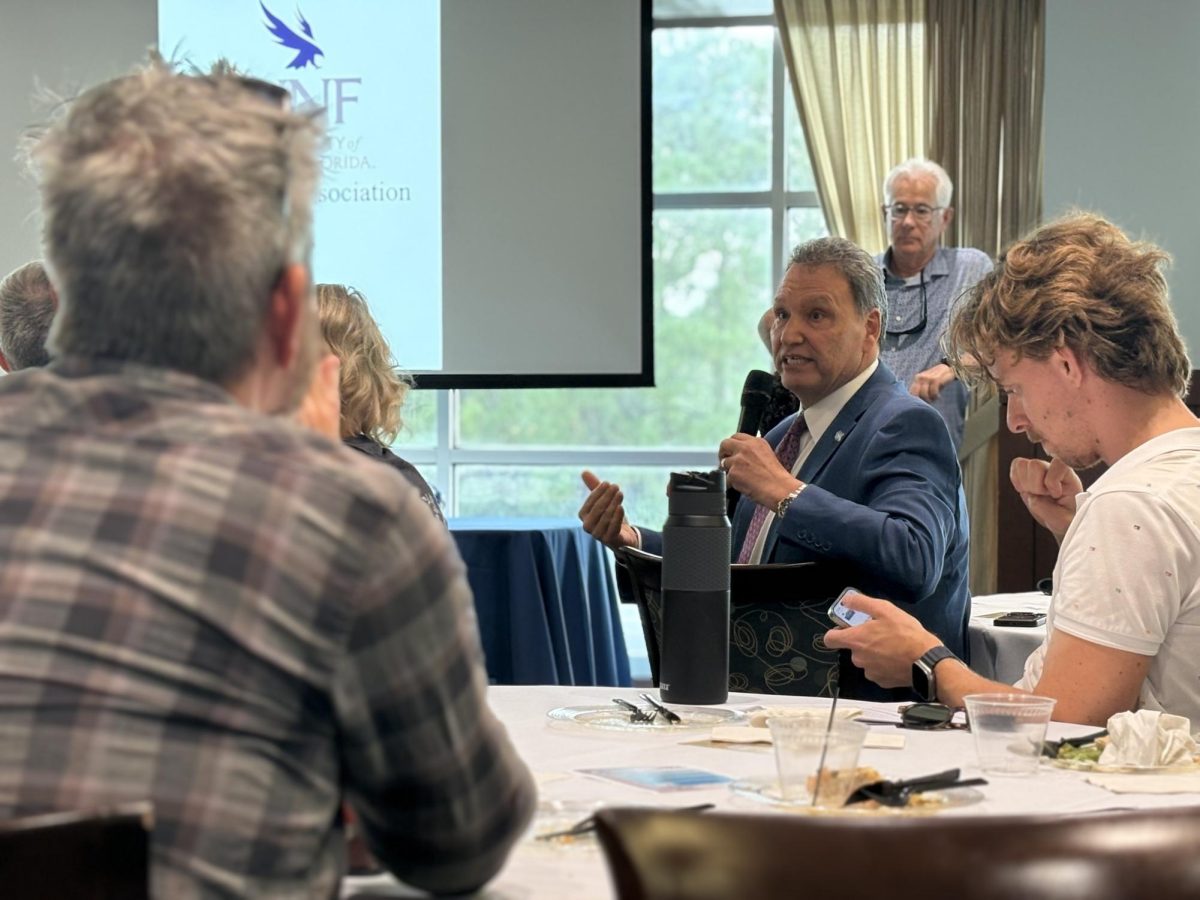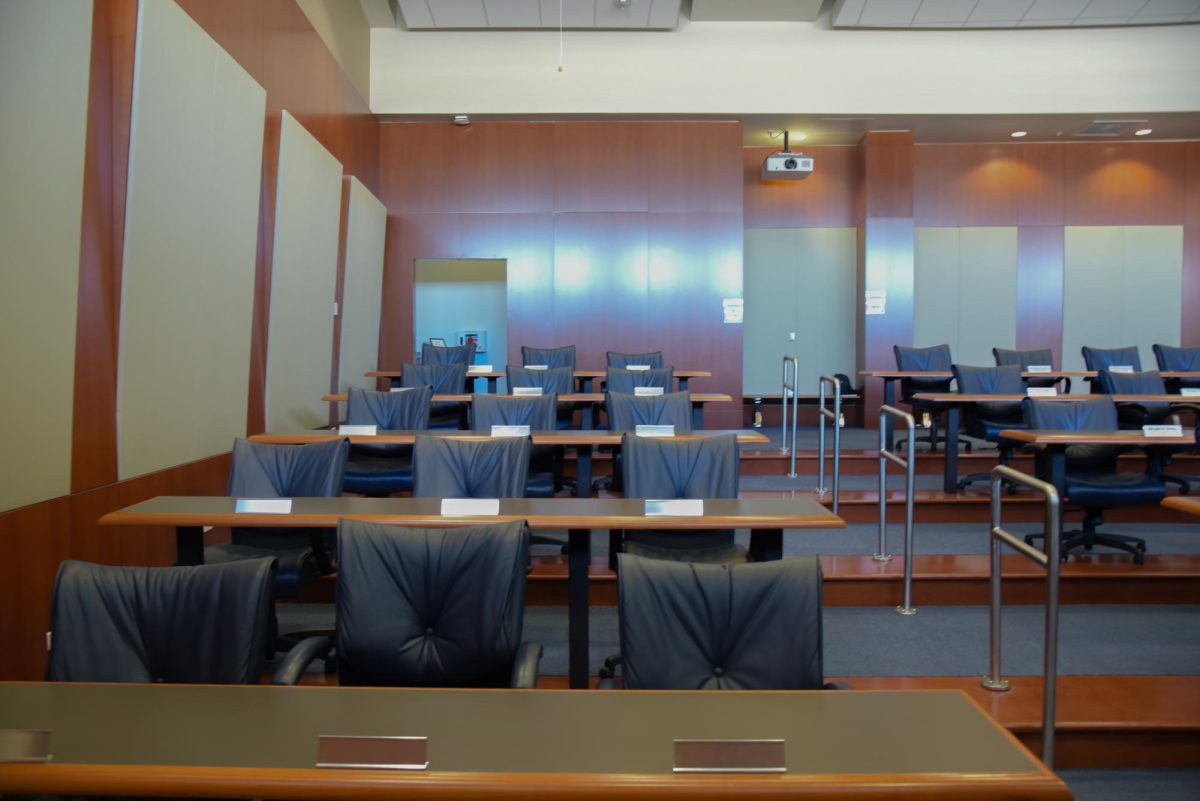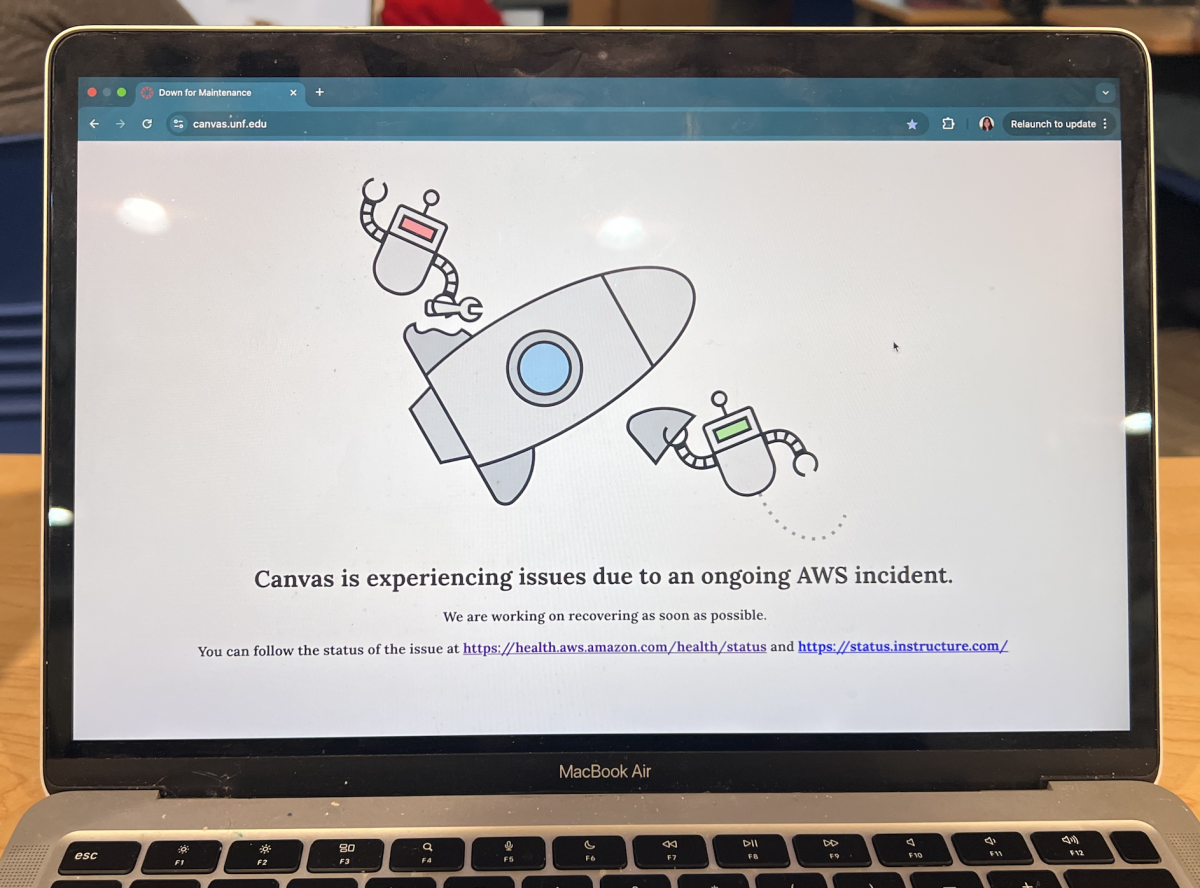Officials serve a valuable purpose for athletic games at all levels. The difficultly and importance of their job often goes unnoticed, however, more and more officials are making wrong calls that are costing teams games.
It seems to be happening more in college football than in any other sport, and the officials need to start facing the repercussions of their incompetence. Or, at the very least, recognize a problem exists.
With two seconds left in Saturday’s Washington vs. BYU football game, Washington quarterback Jake Locker made a great run, scoring the potential game-tying touchdown and capping off an exciting drive.
After he crossed the goal line, he threw the ball over his shoulder and went to celebrate with his teammates.
The back judge called an unsportsmanlike penalty, turning a simple game-tying extra point into the equivalent of a 45-yard field goal try, a try that was eventually blocked, and caused Washington to lose the contest.
In no means did this play warrant an excessive celebration flag.
Locker wasn’t showboating. He didn’t dance. He didn’t get into a BYU players’ face. He didn’t even spike the football.
If the NCAA calls these players student athletes, it should then treat them that way.
This was just the case of a young kid getting excited about arguably the best play, topping off the best drive, he or his teammates have ever engineered.
This was a situation worth getting excited about.
These unnecessary penalties cost teams on a much grander scale than simply the win/loss column for one game.
There’s a huge ripple effect in college football.
Unnecessary or incorrect penalties cause players to become frustrated and their play on the field suffers.
As a result, multiple games are lost, and with no playoff system in college football, each game is a must win.
Lost games result in lost coaching jobs, which results in lost athletic director jobs, and the vacancies move right up the ladder until they reach the top, all because of a bad call.
I’m not saying Washington was going to win the football game.
However, the officials did deny Washington’s right to play in overtime, and a shot at the victorious Gatorade shower.
While it’s too early to make judgments on the effects of this call, look at similar calls in the past.
Who can forget the infamous fifth-down game of 1990?
The Colorado Buffalos were given a fifth down after the referees failed to recognize a spiked ball, eventually leading to a game-winning touchdown pass.
Things have become so bad that Southeastern Conference officials have began apologizing for missed calls that have negatively impacted conference games, according to a Sporting News report.
Stop apologizing and start getting it right.
Officials need to be accountable for blown calls, just as players and coaches are for poor execution.
Each year, a group of officials – divided within the major national conferences – take an exam, an officials guide to football, according to the Atlantic Coast Conference Web site.
The exam covers everything from the basic rules to changes made throughout the previous year to an exercise and fitness test.
But the exam isn’t pass/fail, and the results are never even looked at by league officiating coordinators.
So what’s the point in taking the exam?
The NCAA won’t adopt a playoff system because it fears it will put too much pressure on the student athletes.
In this case, the officials aren’t students, and making decisions under pressure is a key factor of their job.
The NCAA needs to put a system in place where referees are accountable for the choices they make. As it stands now, they are feeling no pressure and restricting the competitive nature of college football.
The players are suffering, the programs are suffering and the fans are suffering.











